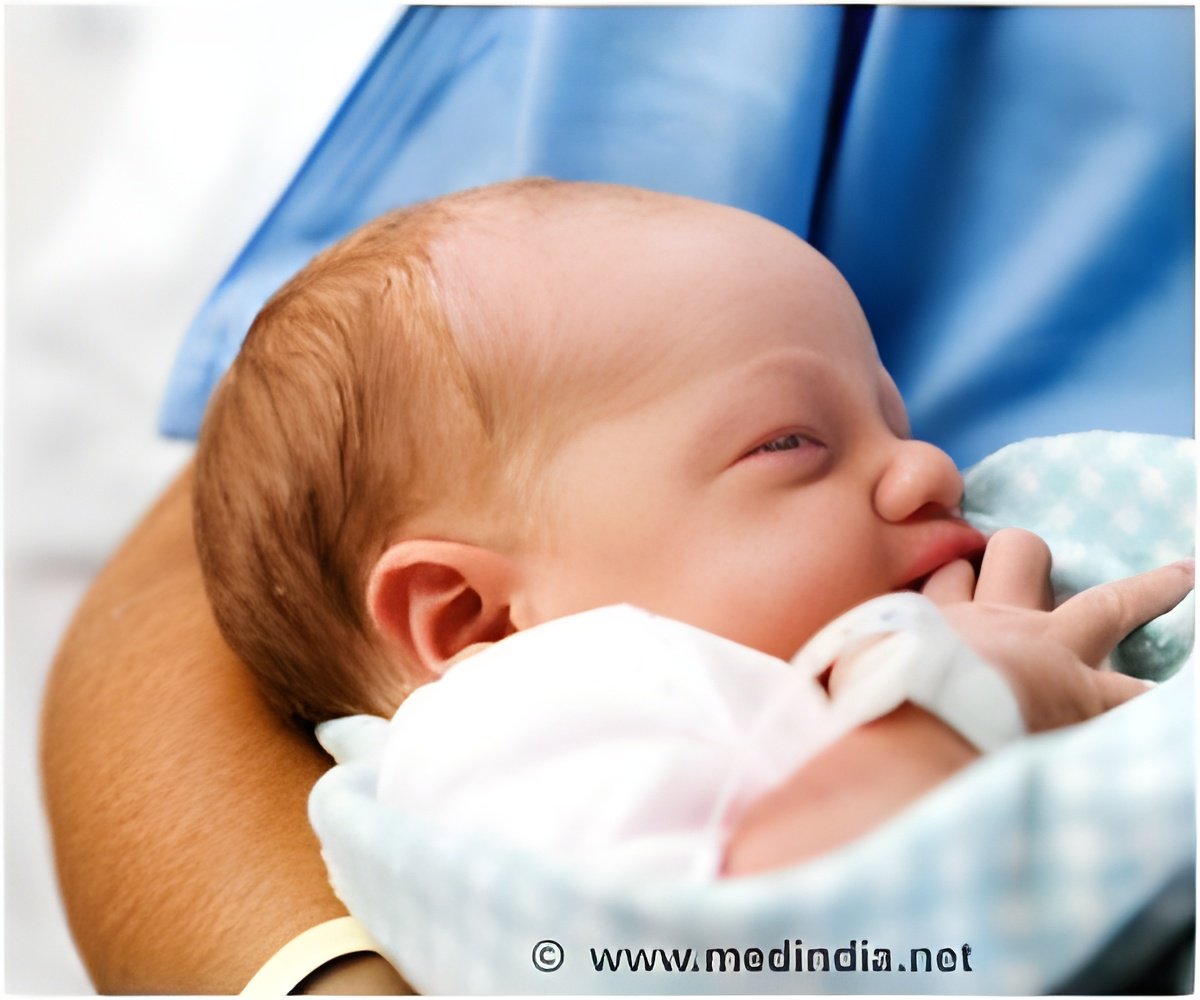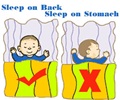Infant's risk of infection and death during the first weeks of life can be reduced by as much as 20 percent by cleansing the newborn's umbilical cord with chlorhexidine, john Hopkins study found.

For the study, Johns Hopkins researchers and colleagues in Bangladesh enrolled more than 29,000 newborns in a randomized trial to determine the effectiveness of single cleansing with 4 percent chlorhexidine or 7-day cleansing with chlorhexidine as compared to the standard dry cord care. According to the study, infants that received a single cleansing with chlorhexidine were 20 percent less likely to die compared to infants that received the standard dry cord care. Reductions in mortality were not statistically significant among the 7-day cleansing group compared to dry care, but they did have fewer signs of cord infection.
"Chlorhexidine cord cleansing is a simple, safe, effective, and inexpensive intervention. Large-scale implementation of this intervention with universal coverage has the potential to avert an estimated half a million neonatal deaths per year," said Abdullah Baqui, MBBS, DrPH, senior author and principal investigator of the study and professor in the Bloomberg School's Department of International Health.
An early study conducted by Johns Hopkins researchers in Nepal, showed cleansing the umbilical cord with chlorhexidine for 7 days of the first 10 days of life resulted in a 24 percent decrease in mortality compared to children who received dry-cord care. A separate study by researchers from Aga Khan University in Pakistan, which also appears in the current issue of The Lancet, found that cord cleansing with chlorhexidine reduced infant mortality 38 percent and infections by 42 percent.
"Giving birth and a child's first week is a risky time for a mother and her newborn," said Dr. Rajiv Shah, the Administrator of the U.S. Agency for International Development. "These studies provide evidence of a simple, low-cost technology that can prevent illness and death for the most vulnerable children. USAID is committed to transforming research into better results and access to life saving interventions."
Neonatal deaths account for more than 40 percent of the estimated 8.8 million deaths of children under 5 each year worldwide. In high mortality settings, more than half of those neonate deaths are the result of serious infection.
Advertisement
Source-Eurekalert










